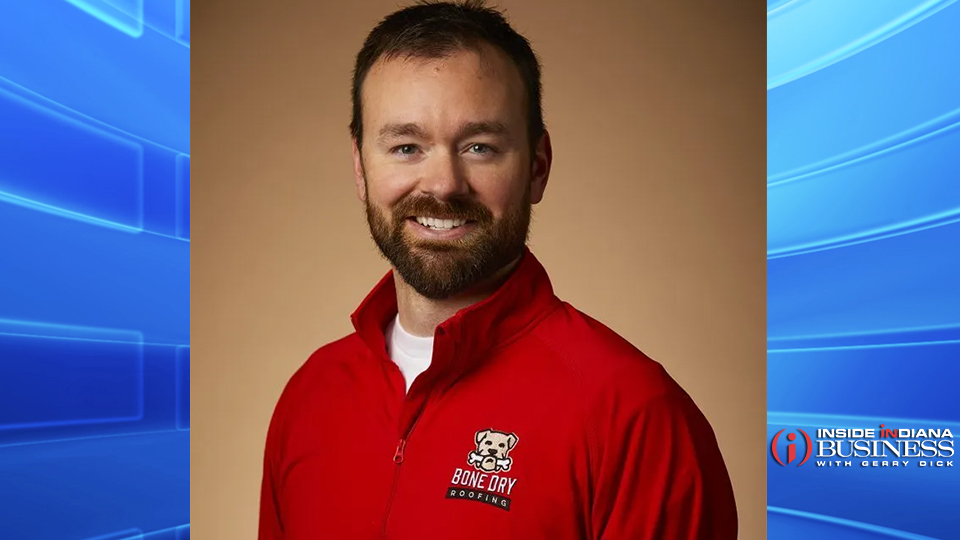How investment in solar impacts costs and sustainability
Subscriber Benefit
As a subscriber you can listen to articles at work, in the car, or while you work out. Subscribe Now
Solar has become one of the most popular additions to the roofing industry, allowing homeowners to protect their wallets and the environment simultaneously by investing in an alternative form of energy. Solar systems are made of thin photovoltaic sheets that lay on or replace existing shingles on a roof. The shingles absorb sunlight and convert it into electricity, allowing homeowners to save on electric bills.
We added Bone Dry Solar to the Bone Dry Roofing family of companies in 2022 due to the demand in the greater Indianapolis area given rising energy costs. Recently, Northern Indiana Public Service Company asked the state’s utility regulatory commission to authorize a 16.5% energy rate increase spread over two years. The request comes after multiple rate hikes by Indiana’s other utility companies in 2022, per AARP.
Hoosiers want to take control of their electric and power usage and offset their high energy costs. Installing solar saves money and is a sustainable solution because it reduces homeowners’ carbon footprint. Field experts offer a range of solar solutions including system installations for both residential and commercial properties, detach and reset maintenance procedures, panel cleaning services and more.
Economic Benefits
Installing solar provides substantial tax incentives. The federal residential solar energy tax credit can be claimed on federal income taxes for a percentage of the cost of a solar system, with solar systems installed from 2022-2032 eligible to receive a 30% tax credit. If a homeowner or business chooses to use domestically sourced goods for their roofing project, they may be eligible to receive additional tax credits. The property value of a home also increases by 4.1% with the installation of solar according to a Zillow housing trends report.
Environmental Benefits
Solar energy is one of the least carbon-intensive sources of electricity generation, according to a United Nations report. It helps minimize the use of fossil fuels and can reduce our overall impact on the environment. When consumers use solar power, they’re using a clean and renewable energy source that produces a smaller carbon footprint than using fossil fuels. This limits greenhouse gas emissions and makes your household or business more sustainable.
The Evolution of Solar-Powered Roofs
The use of solar has evolved and improved to increase efficiency. The density of the cells in a solar roof has grown, allowing solar panels to convert more electricity from the amount of sunlight received. Because of this, less panels have to be installed on the roof and more power is easily generated. The Department of Solar Energy (DOE) has also attempted to make solar roofs more affordable by pledging to cut costs by 60% within the next 10 years. The DOE has funded $128 million towards lowering those costs and improving solar energy technologies.
Additionally, there is demand for re-roof jobs where solar panels are already installed, as there is significant skill involved in removing the existing solar panels and reinstalling after putting on a new roof. This is also known as a detach and reset procedure, which ensures solar investments will last longer. It’s important for homeowners to consider the warranty on their roof during a detach and reset procedure, as not all contractors are certified to retain the shingle warranty and the solar warranty during this process.
We expect the demand for solar to continue to rise, as it is eco-friendly and beneficial from a cost-savings standpoint and also allows real estate owners to achieve more energy independence. Looking ahead, the cost of utilities will likely decrease as new solar technology is introduced, making it a more affordable and accessible option for homeowners. Solar manufacturers will look for revolutionary ways to allow solar to be more cost-competitive while maintaining customers’ return on investment in their property and in taking control of their energy usage.
Judd Haag is the General Manager at Bone Dry Solar, part of the Bone Dry Roofing family of companies. In his role, Judd leads efforts to strategically design a technology architecture and select state-of-the-art tools to support the company.
